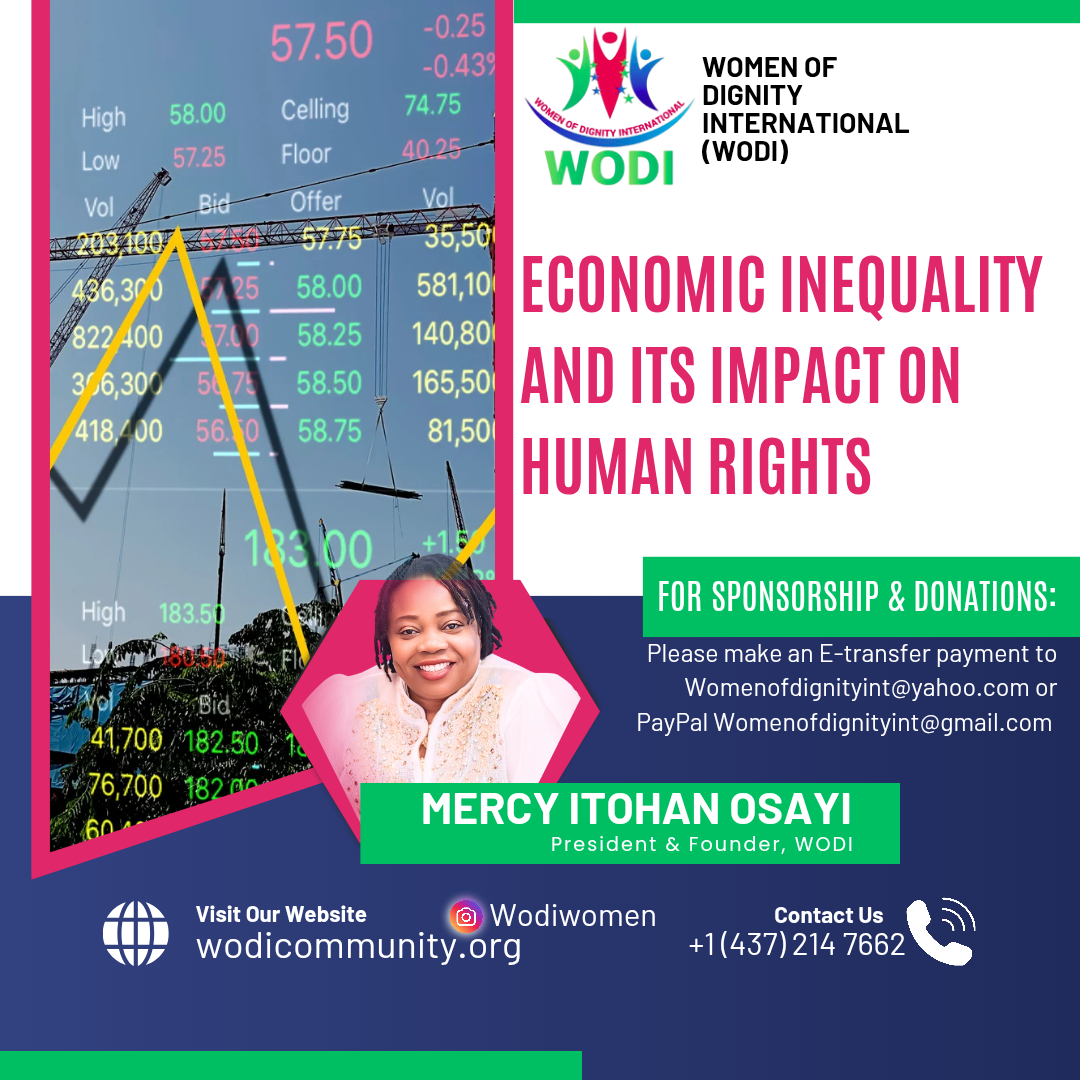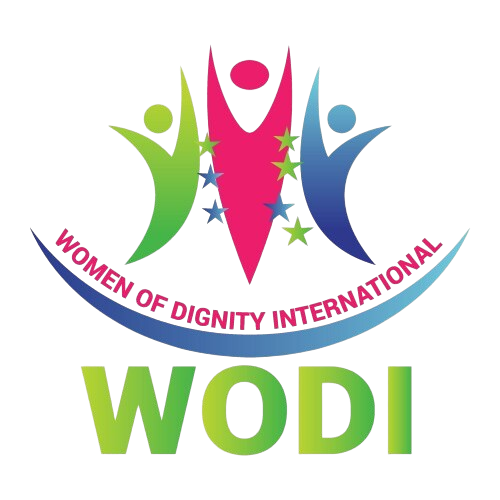Economic Inequality and Its Impact on Human Rights

Economic Inequality and Its Impact on Human Rights
Economic inequality refers to the unequal distribution of wealth and resources within a society, which can have profound implications for human rights. The relationship between economic inequality and human rights is complex and multifaceted, affecting various dimensions of life, including access to education, healthcare, political participation, and social justice. Here are several key points to consider:
1. Access to Basic Needs
• Healthcare: Economic inequality often leads to disparities in access to healthcare services. Individuals in lower-income brackets may lack access to quality medical care, leading to poorer health outcomes and a violation of the right to health.
• Education: Inequality can limit access to quality education, perpetuating a cycle of poverty and reducing opportunities for upward mobility. This undermines the right to education and can hinder personal and societal development.
2. Political Participation
• Economic disparities can affect political engagement. Wealthier individuals often have more influence in political processes, leading to policies that favor their interests. This can marginalize low-income populations, infringing on their right to participate in governance and decision-making.
3. Social Justice and Discrimination
• Economic inequality is frequently intertwined with other forms of discrimination, such as race, gender, and ethnicity. Marginalized groups may experience compounded disadvantages, facing barriers not only due to their economic status but also due to systemic discrimination.
• Social movements advocating for equality often highlight the intersectionality of economic and social rights, emphasizing the need for comprehensive approaches to address these issues.
4. Violence and Crime
• High levels of economic inequality can contribute to social unrest and increased crime rates. Communities with significant disparities may experience higher levels of violence, which can infringe on the right to safety and security.
5. Global Inequality
• On a global scale, economic inequality manifests in disparities between countries. Wealthier nations often have more resources to invest in human rights protections, while poorer nations may struggle to provide basic services, leading to violations of economic, social, and cultural rights.
6. Environmental Impact
• Economic inequality can exacerbate environmental degradation, as marginalized communities often bear the brunt of environmental hazards. This raises concerns about the right to a healthy environment and sustainable development.
7. Policy Implications
• Addressing economic inequality requires comprehensive policy approaches that promote equitable distribution of resources. This includes progressive taxation, social safety nets, access to quality public services, and policies aimed at reducing discrimination and promoting inclusion.
Conclusion
Economic inequality poses significant challenges to the realization of human rights for all individuals. Addressing these disparities is essential not only for promoting social justice but also for fostering inclusive societies where everyone has the opportunity to thrive. Efforts to combat economic inequality must be integrated into broader human rights frameworks to ensure that all individuals can enjoy their fundamental rights and freedoms.
